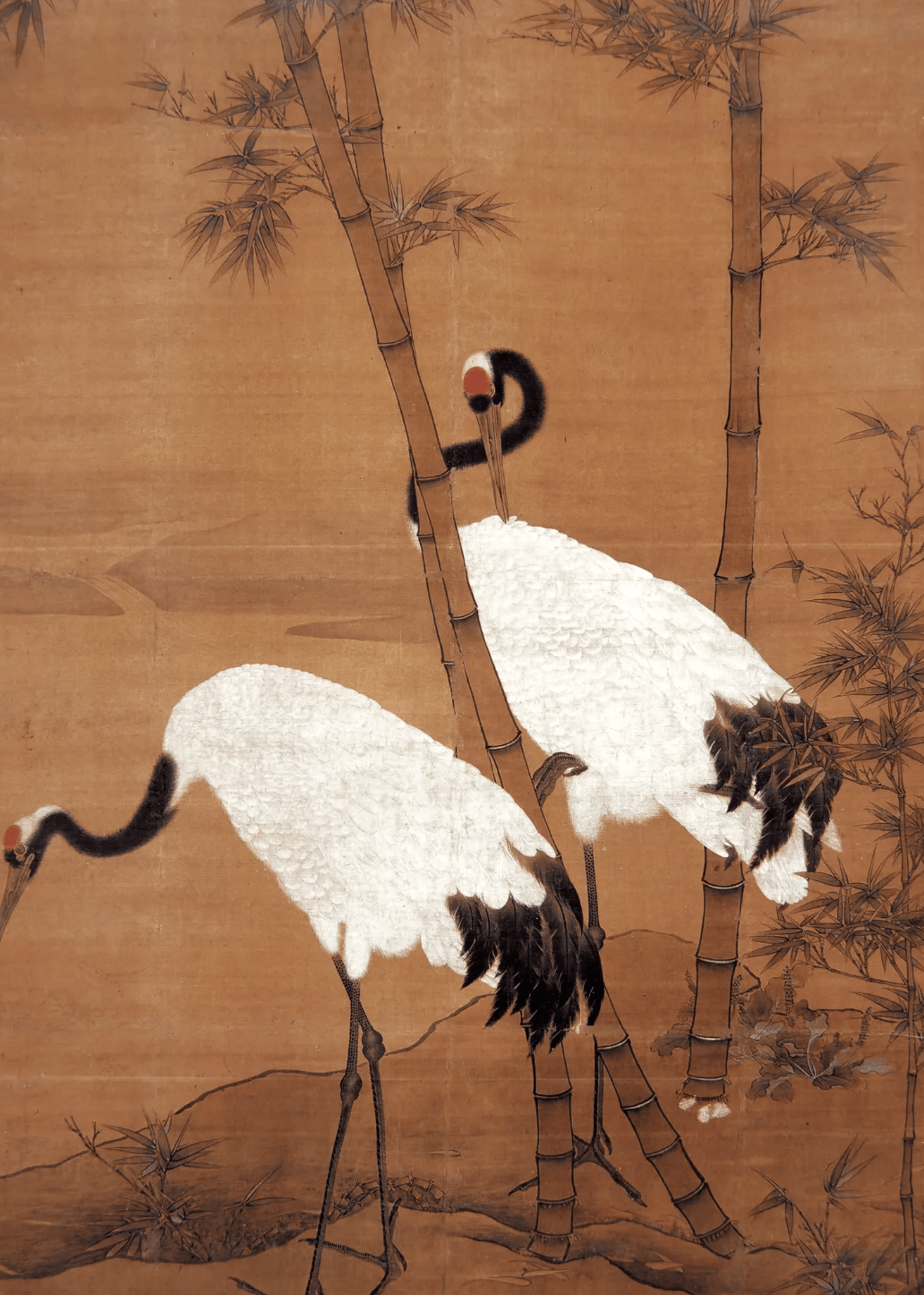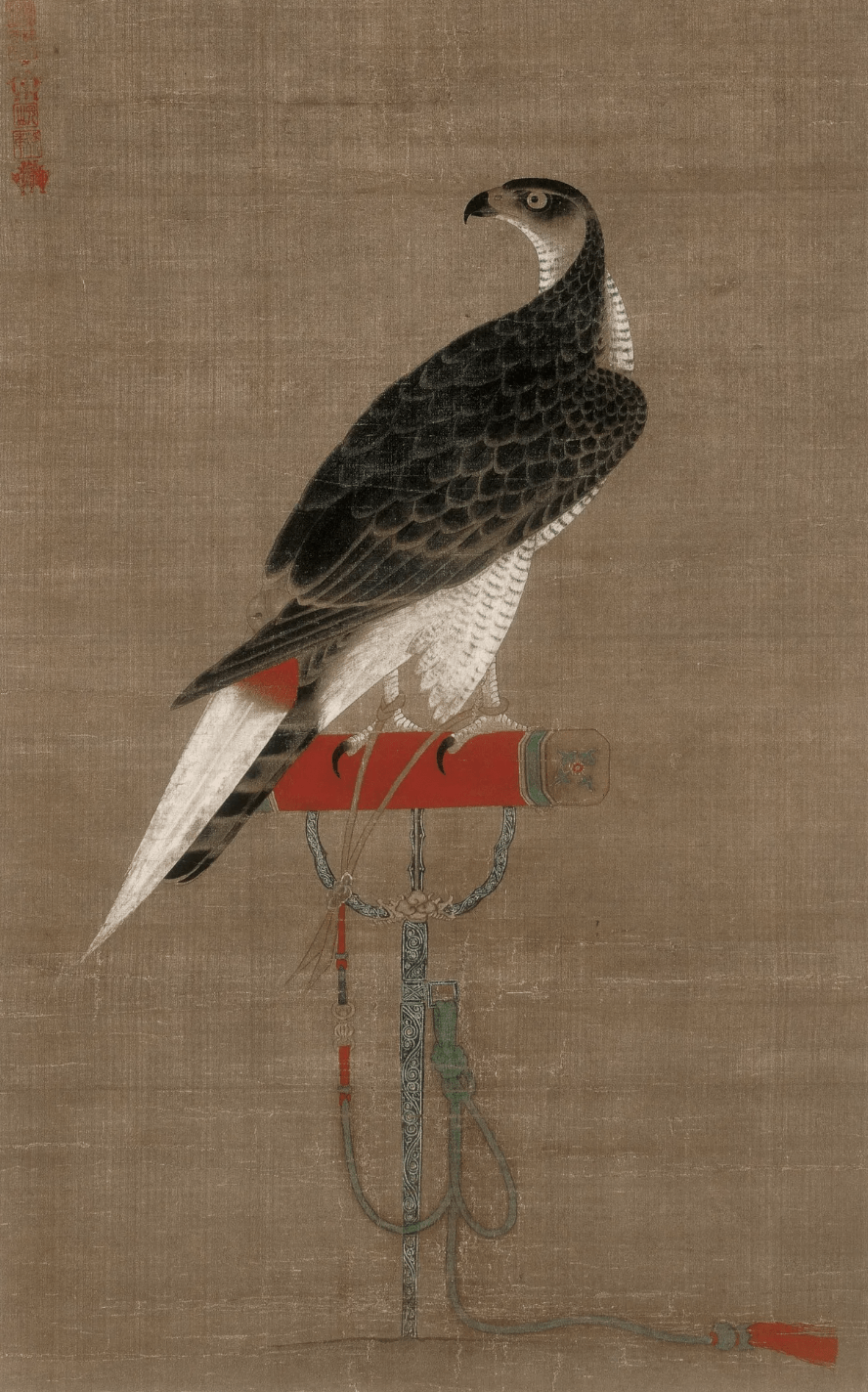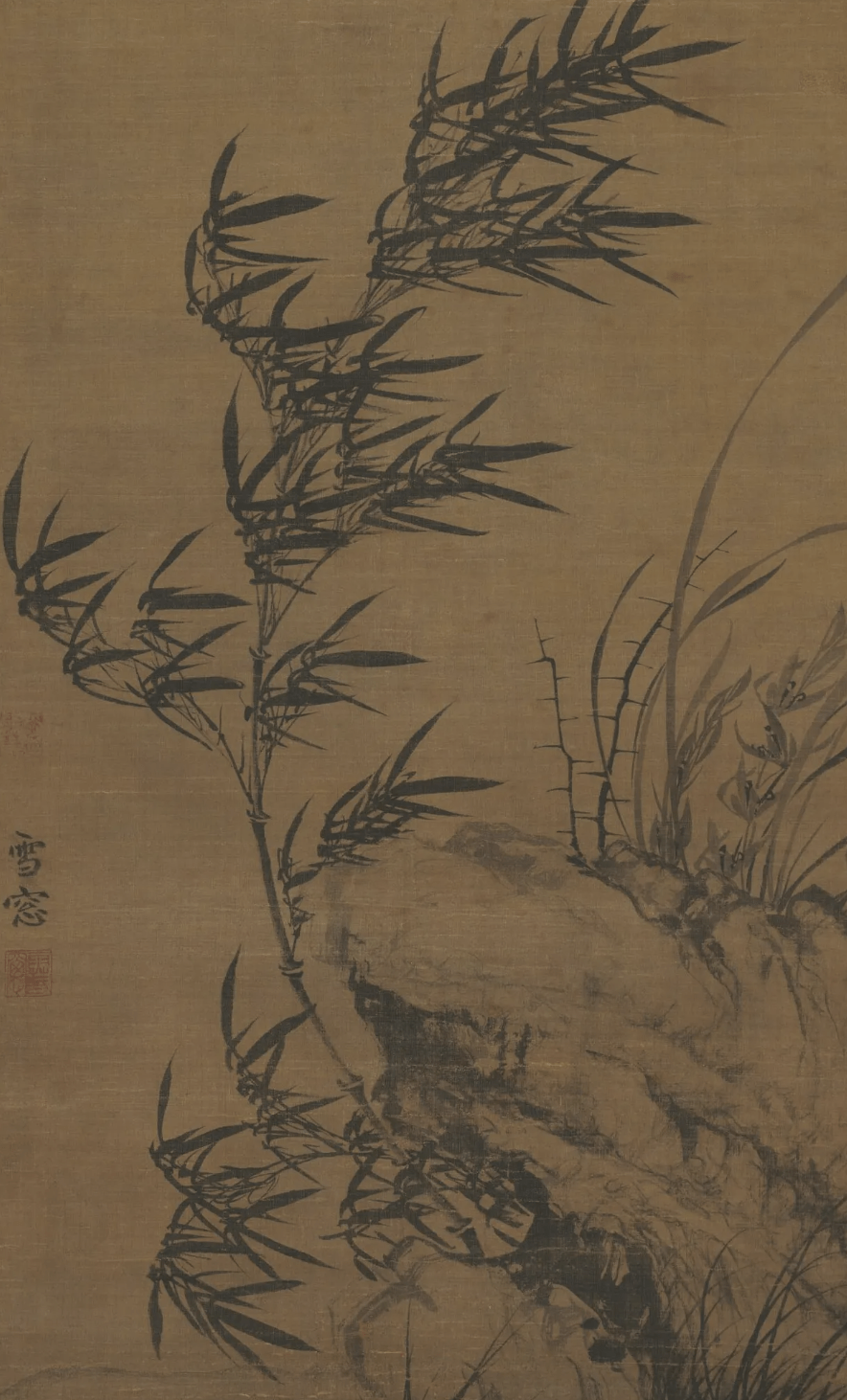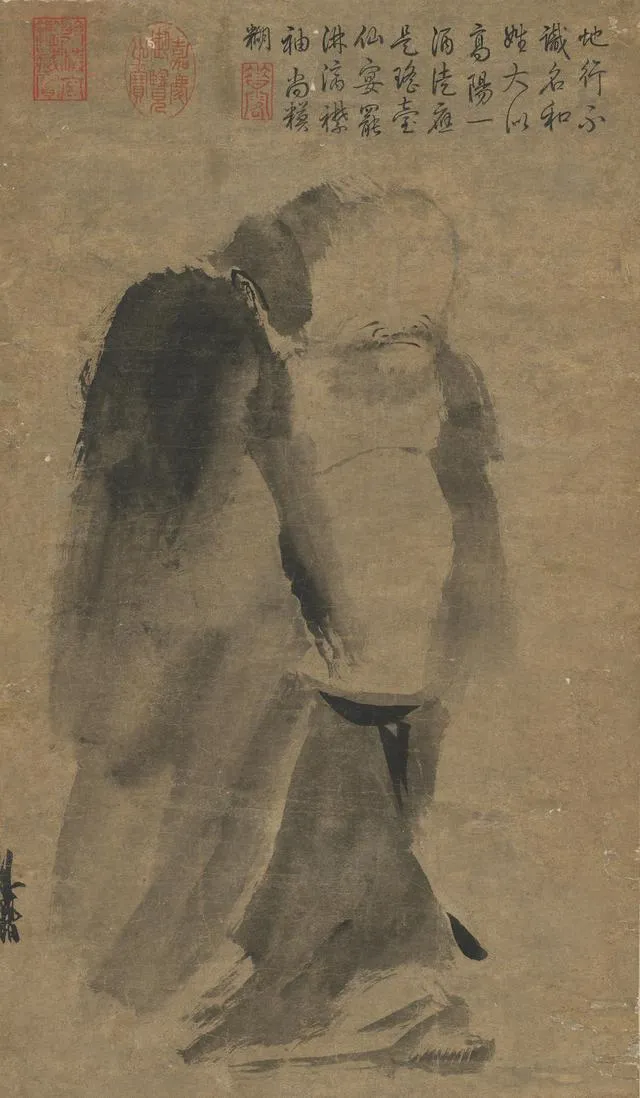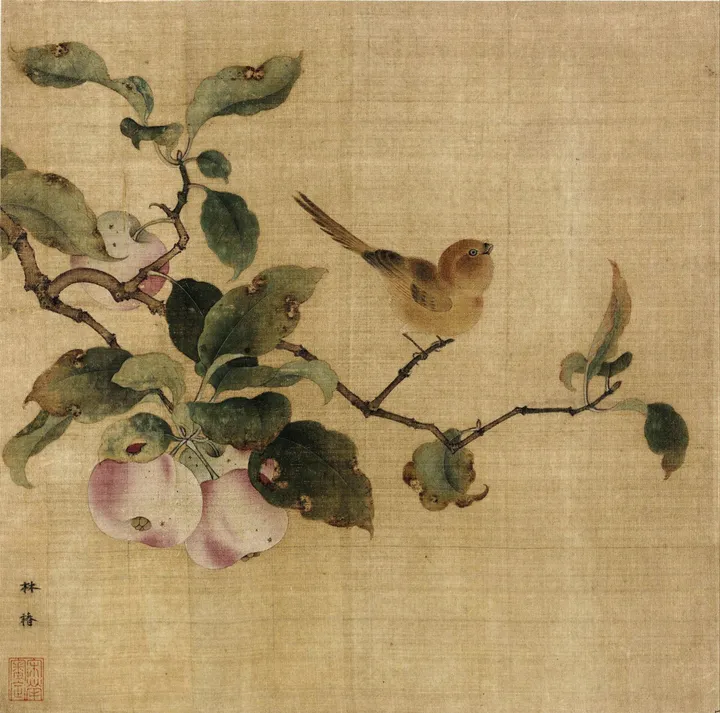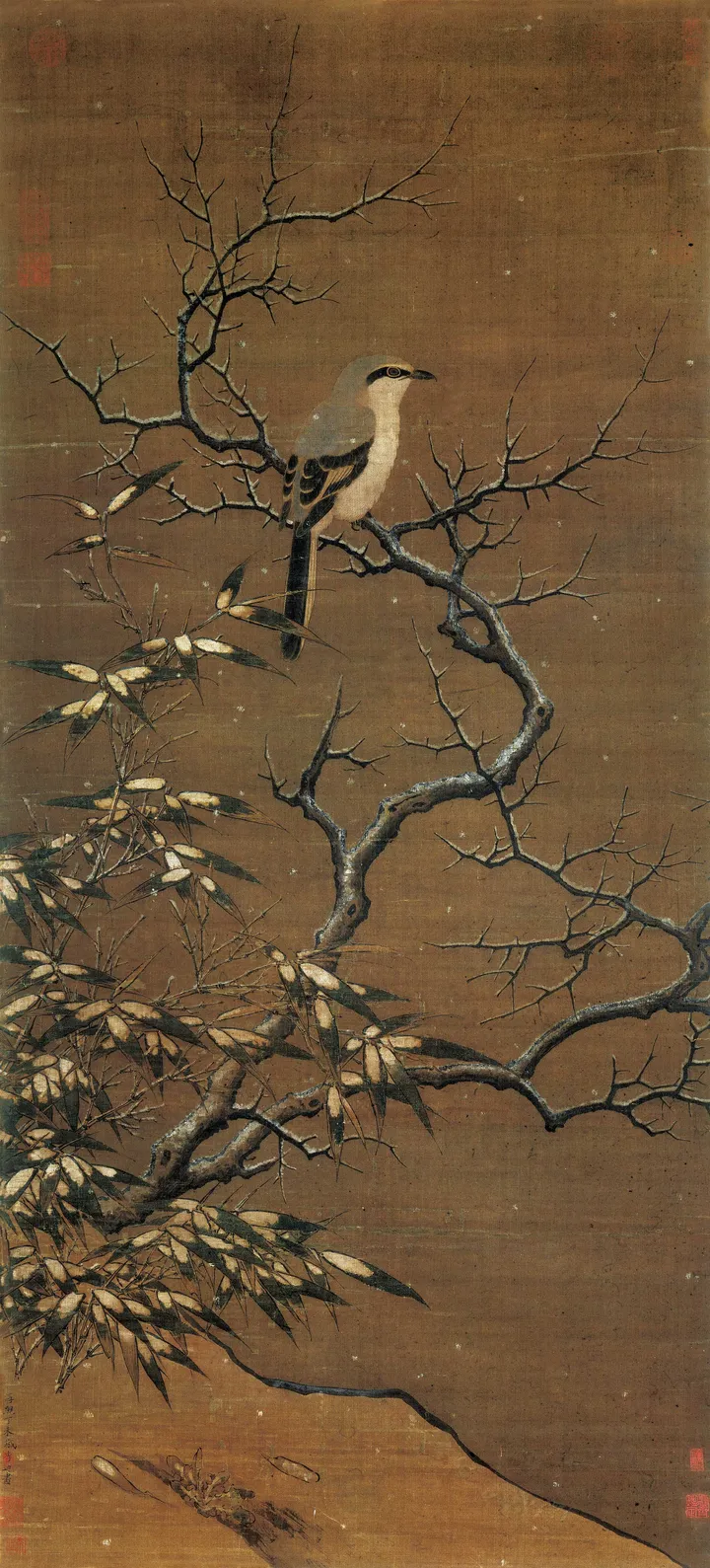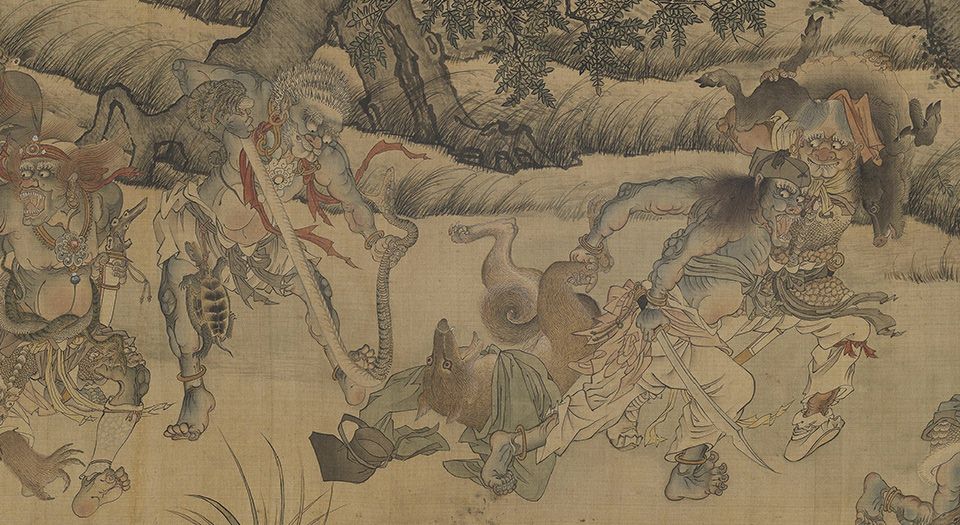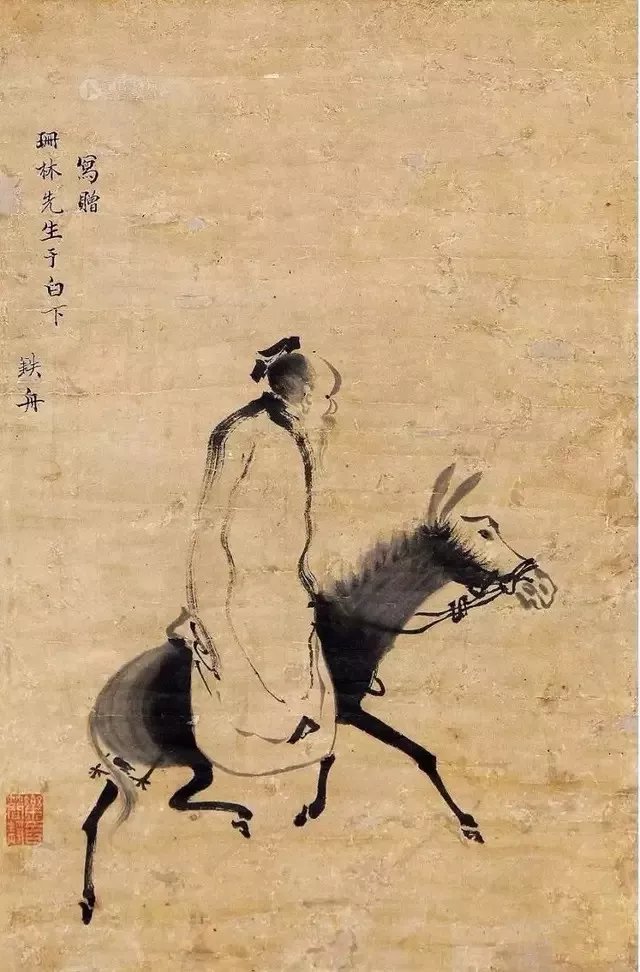The Spirit of the White Stone
In Tianchang County(天長), there was a magistrate named Lin who served in the capital city’s district. In his home, there was a spirit-writing altar occupied by a monster. This monster claimed to be the ‘True Man of the White Stone(白石真人)’ and accurately foretold fortunes and misfortunes for those who sought its advice.
The monster often persuaded Magistrate Lin to cultivate the Dao and practice immortal arts, claiming that by opening a third eye on his face, he could see the palace where the Heavenly Emperor resided and the immortals frolicking in the clouds.

